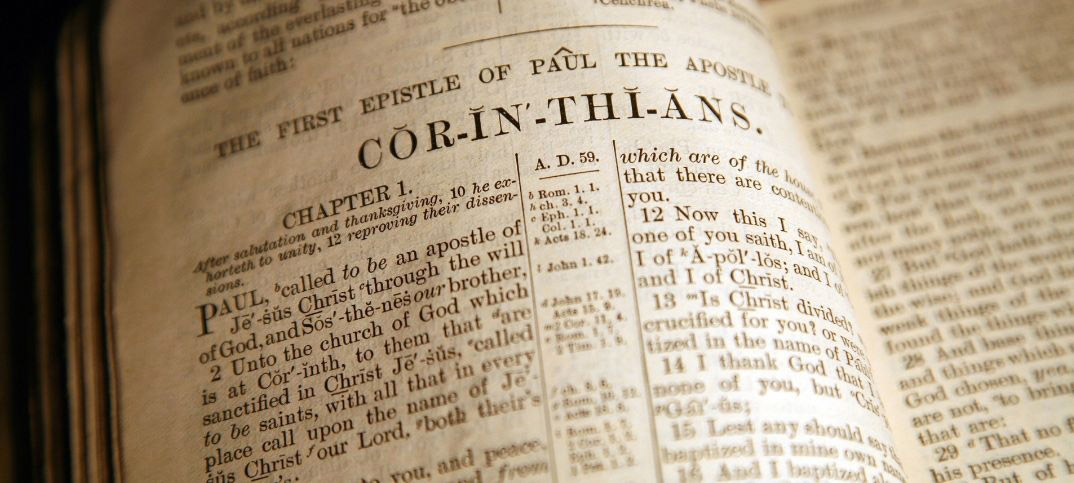“But when I saw that they were nott straightforward about the truth of the gospel,
I said to Peter before them all, ‘If you, being a Jew, live in the manner of Gentiles
and not as Jews, why do you compel Gentiles to live as Jews?’ “
– Galatians 2:14 –
An ancient African proverb says that “when two elephants fight, it is the grass they step on that suffers the most.” The confrontation between two giants who were servants and missionaries of the Lord leaves us several lessons to learn and incorporate into our lives.
Peter was a Jew who had accepted Christ by faith. God Himself had taught him in his encounter with Cornelius, as well as in the Council of Jerusalem, that no man was “common or unclean” (Acts 10:28) and would remain outside God’s call, as both Jews and Gentiles could be reached by the gospel. Peter had said at the Jerusalem Council that God “made no distinction between us and them” (Acts 15:9).
However, now he was making such a distinction; he even won over Barnabas and others. Paul resisted and rebuked Peter because he in no way accepted the fact that Jewish legalistic practices should be imposed on Gentiles. Paul’s words saddened Peter: “If you, being a Jew, live in the manner of Gentiles and not as the Jews, why do you compel Gentiles to live as Jews?” (Gal. 2:14).
Peter accepted the chastisement, and in writing his letter, said the following:
Interpret our Master’s patient restraint for what it is: salvation. Our good brother Paul, who was given much wisdom in these matters, refers to this in all his letters, and has written you essentially the same thing. Some things Paul writes are difficult to understand. Irresponsible people who don’t know what they are talking about twist them every which way. They do it to the rest of the Scriptures too, destroying themselves as they do it (2 Pet. 3:15, 16).
What powerful lesson can we learn from this?
- Only through Christ and His sacrifice can conflicts among brethren be resolved. The cross nullifies pride, distrust, and selfishness. We are all at the same level at the foot of the cross.
- Only when we recognize that we are dead to sin and alive for God will we admit that our enemy is not our brother, but our ego.
- The unity of the church and the exaltation of Christ are above any personal idea.
- Paul’s firm but kind and respectful way of defending the truth made it possible to exalt grace, restore Peter, and strengthen the curch.
- We have to die to ourselves and live for God every day.
- We can discuss ideas, concepts, and approaches, and then move forward together without the euphoria of winners or resentment of losers.
Remember that when two elephants fight each other,
what suffers the most is the church and the mission we have to fulfill.
Let us take care of the grass instead, that it may produce the best fruits.
May you be filled with the Holy Spirit today…










